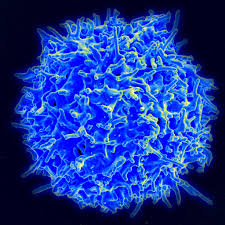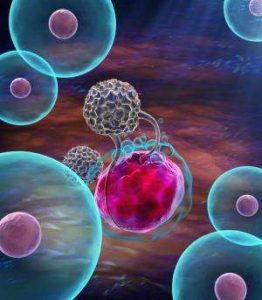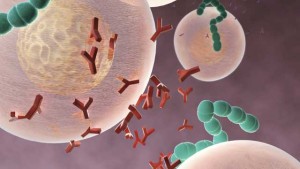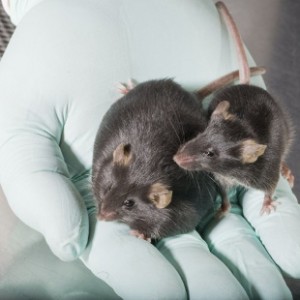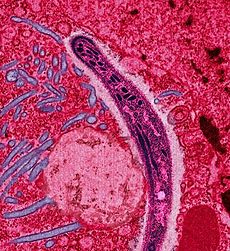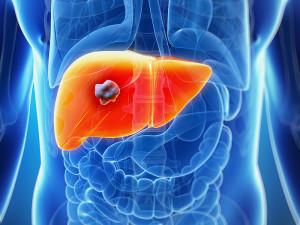Failure to smell fresh cut grass or a poo-laden diaper is, at least these days, a potential sign of COVID-19 infection. “People say things smell funny or they can’t smell at all,” says Harvard University neurobiologist Sandeep Datta. Reading about people’s experiences of anosmia, Datta wondered how SARS-CoV-2, the virus that causes COVID-19, might be having this effect. One possibility was that the virus attacks cells that line and support olfactory neurons in the nose. Alternatively, SARS-CoV-2 could be directly targeting the neurons themselves.
Datta’s and other researchers’ work—which so far includes genetic and cellular analyses in humans, rodents, and monkeys—suggests that mammalian olfactory neurons don’t have the right cell receptors for the virus to get inside them, meaning that the lack of smell most likely comes from the infection of olfactory support cells. But not everyone is convinced by the data; some researchers continue to argue that SARS-CoV-2 can infect neurons in the nose and ultimately invade the brain this way.
If the virus were able to enter olfactory neurons, it’s in theory a “very short route,” along a single neuron, from nose to brain, notes pathologist Debby van Riel of Erasmus Medical Center in the Netherlands. Van Riel, who began studying influenza’s ability to attack nerve fibers involved in olfaction decades ago, says she’s not convinced SARS-CoV-2 can infect olfactory neurons. But the discussion has reminded scientists how little they know about viral invasion through the nose. That’s why, she says, she was fascinated to read about recent experiments by Duke University immunologist Ashley Moseman and colleagues that tracked immune responses in mice that had had vesicular stomatitis virus (VSV) squirted up their noses.

